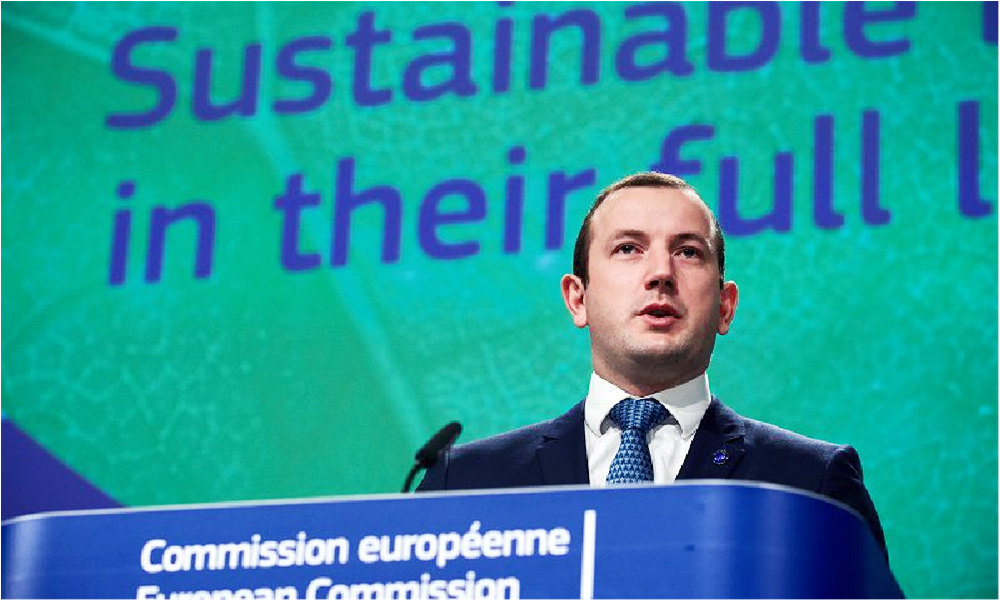In a letter to EU lawmakers, seven industry groups warned that the EU’s listing of lithium as a hazardous substance would delay its energy transition and weaken Europe’s position in the electric vehicle (EV) race.
As seen in Argus’ letter, European Battery Recycling Association, European Geothermal Energy Council, Eurobat, Eurometaux, Euromines, international Lithium Groups such as the International Lithium Association and Recharge expressed “deep concern” over the proposal by the European Chemicals Agency (ECHA) risk assessment committee to classify three lithium compounds.
The European Commission is considering a proposal by the European Chemicals Agency to classify lithium carbonate, lithium chloride, and lithium hydroxide as dangerous to human health. However, industry insiders say the scientific evidence on which the proposal is based is insufficient. A final decision is expected in late 2022 or early 2023.
The letter also stated, “Europe is at a critical stage in its energy transition and needs to promote new investments in the battery value chain for fully electric vehicles. The immediate challenge is to secure the battery metals, which will be in very short supply over the next 15 years. .”
“Improper classification of lithium salts would be a red flag, creating significant uncertainty for companies looking to make long-term investments in European refining and recycling capacity, leading to delays or different investments in a competitive market decision-making risk.”
The proposal does not ban the import of lithium, but if approved, it would increase processing costs due to stricter rules on processing, packaging, and storage. According to the seven industry groups, this could “provide industries in countries that do not comply with [chemical registration, evaluation, authorization, and restriction] regulations a competitive advantage in producing and using these lithium salts because of concerns about health and the environment.
The requirements for protection are less ambitious and open the door to the introduction of new risk management measures with new requirements not found in competitive regions”.
The letter said the regulation would lead to the stigmatization of lithium, which is designated as a critical raw material, which would negatively impact the EU’s acceptance of new projects.
The move is scientifically unreasonable and perpetuates Europe’s risky reliance on China for lithium refining. This will have a chilling effect on the EU’s green energy transition, and it is crucial that the UK government does not make the same mistake, Richard Taylor, founder of UK green Lithium, told Argus. “The opportunity for the UK is to act independently in this area and attract long-term investment in more favorable UK refining and recycling capabilities.”
Some European original equipment manufacturers and lithium battery supply chain companies and research institutes have expressed concerns about the EU. U.S. lithium producer Albemarle Corp said it may close its Langelsheim plant in Germany if lithium is deemed toxic.
Also, manufacturer Vulcan Energy said the proposal was “based on a misinterpretation of the classification criteria and did not adequately take into account recent research on the subject”.
The European Union expects the number of electric vehicles on the continent to reach 30 million by 2030. To meet demand, an equal number of batteries needs to be produced, so access to raw materials becomes critical.

